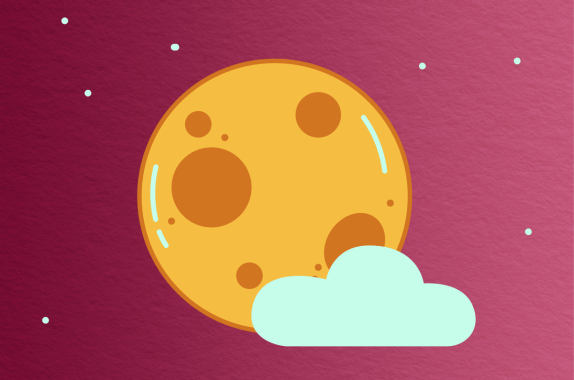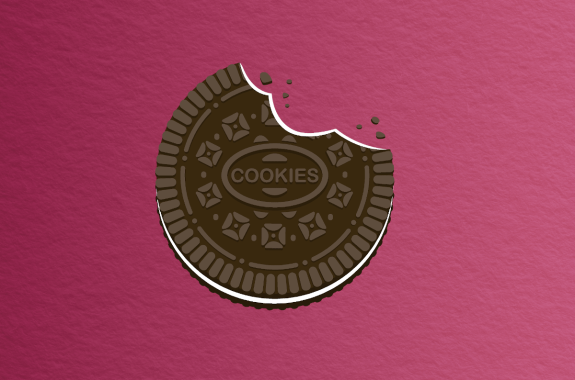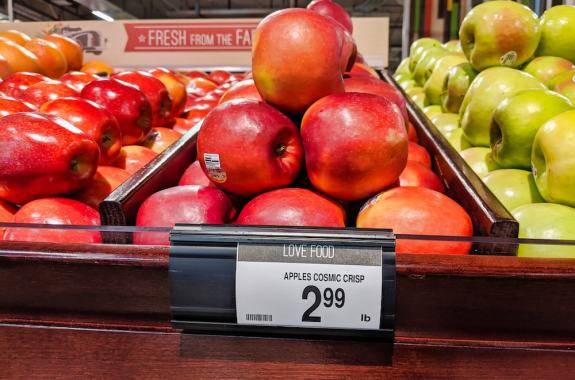Elah Feder is the former senior producer for podcasts at Science Friday, where she worked with an incredible team to bring Undiscovered and Science Diction into existence.
She first got into podcasts in 2007 when she was a grad student studying evolutionary biology at the University of Toronto. Working late nights in the lab, sorting fruit flies under a microscope, Elah would listen to a lot of Gwen Stefani. After some noise complaints, she phased out the beats, got hooked on radio and podcasts, and has never been the same.
For five years she co-hosted and produced I Like You, a podcast about love and like. She’s also produced segments for CBC Radio shows like Spark, The Current, and The Sunday Edition, and has contributed to publications like The Guardian, The LA Times, and Xtra, Canada’s LGBT newspaper. After completing her master’s at Columbia’s Graduate School of Journalism, Elah investigated the oil and gas industry as a fellow at the school’s Energy & Environment Reporting Project.
Alcohol: History’s Favorite Mind-Bending Substance
And the time the U.S. government went to unthinkable lengths to pry it away.
Robot: Making A Mechanical Mind
A mind we create isn’t necessarily a mind we can control.
Why The Word “Lunacy” Comes From The Moon
How an ancient belief in the mind-altering power of the moon gave us a word.
The 18th Century Health Craze Behind The Word “Mesmerize”
It all started when a doctor with some peculiar methods showed up in Paris.
Science Diction Returns For Season 3
Starting February 9, we’re back with more words and stories—all about mind control.
12:04
Can You Get COVID-19 More Than Once?
Immunologists explain how your body remembers this virus, and what that might mean for a vaccine.
17:24
Should We Stop Paying Attention To Election Forecasts?
We’ve been trying to predict the outcomes of elections for a long time, and that might be a problem.
How Do You Solve A Problem Named Hydrox?
Before Oreo, there was a nearly identical cookie on the market. A much-loved cookie with a terrible name.
How Did The ‘Cosmic Crisp’ Apple Get Its Name?
When it takes 20 years to develop a new apple, you better have a dazzling name to go with it.









